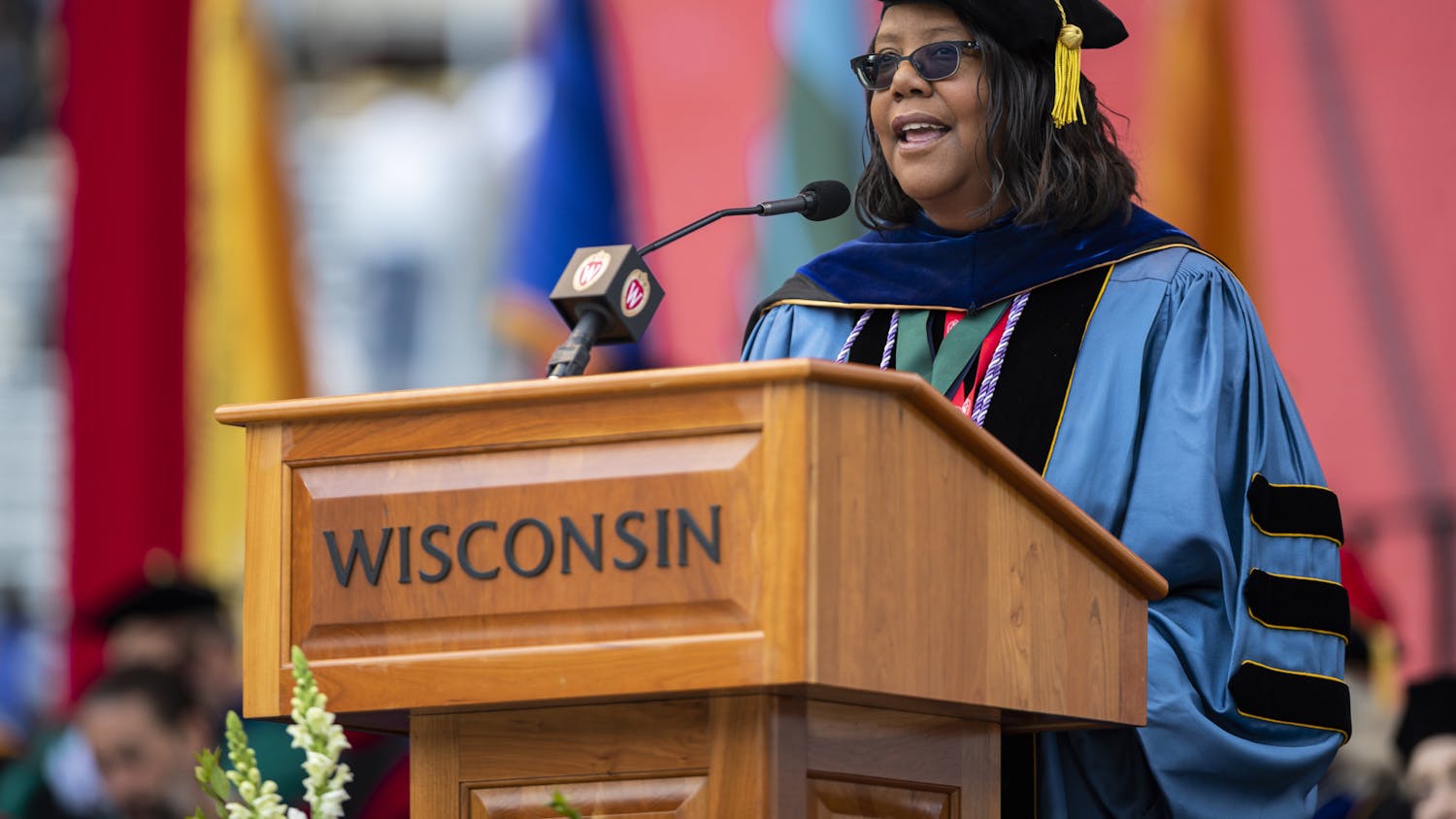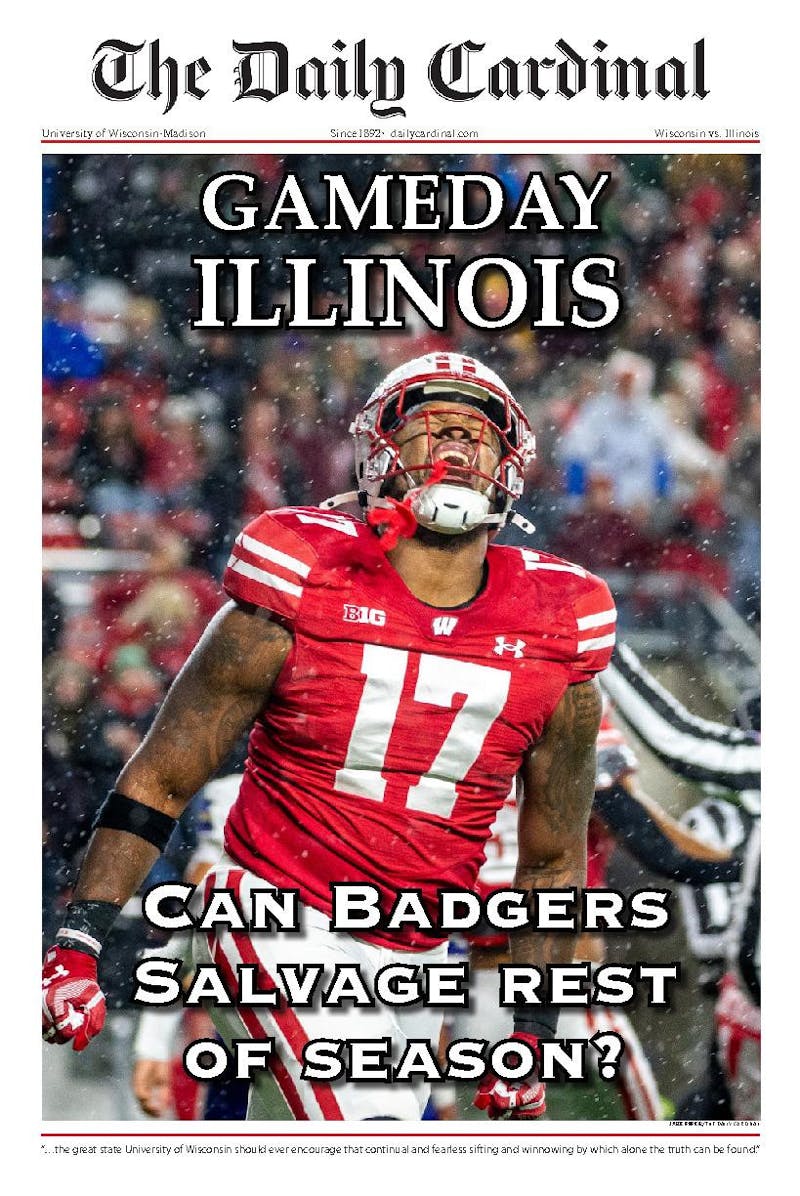A panel discussion met Tuesday evening to discuss the effect of money on the recent governor's election and the possible ethical implications.
The panel included Mike McCabe of the Wisconsin Democracy Campaign, state Rep. Spencer Black, D-Madison, and political science professors John Coleman and Dennis Dresang.
""We've gone from squeaky clean Wisconsin to a state involved in one of the biggest political scandals in state history,"" said McCabe, in reference to the state legislative scandal involving Chuck Chvala and Scott Jenson in 2002, as he discussed throughout the evening how money has changed politics over the past 20 years.
The debate focused on how money affects campaigns and the recent changes it made to the governor's race. Mike McCabe said that the campaigns for governor cost each candidate over $30 million, compared to the $20 million for each candidate in 2002.
""If you want campaign finance reform to pass, you have to convince legislators it will matter in 2008,"" said Coleman, in regard to forcing campaign finance reform as an issue.
He agreed with the other panelists that a recent campaign finance reform bill proposed by state Senators Michael Ellis, R-Neenah, and Jon Erpenbach, D-Middleton, will likely pass in the state Senate but will have a tougher time in the Assembly.
The Wisconsin Student Public Interest Research Group and the Wisconsin Union Directorate sponsored the debate as part of a campaign they are promoting on clean and fair elections.
""I don't think students are paying as much attention to them [campaign finance issues] as they should, because it really does directly affect us probably more so than any other group,"" WISPIRG representative Dana Roth said.
Roth said the issues of student tuition and the environment are directly related to campaign finance. She also said campaign contributions help garner influence and students need to offset their lack of money by taking action and being aware.





